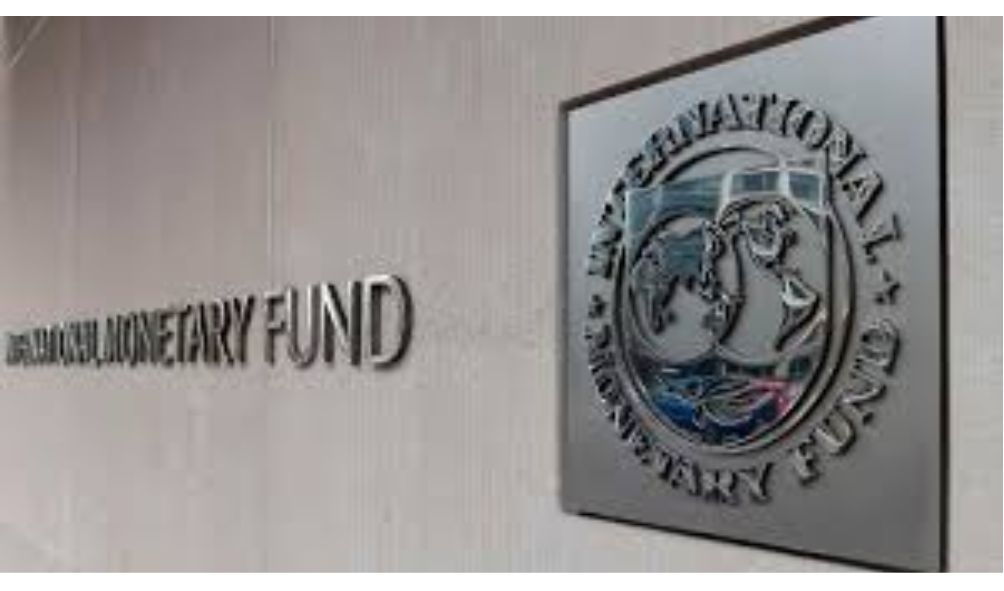Embrace family planning for increased development opportunities; IMF to Kenya

Embrace family planning for increased development opportunities; IMF to Kenya
The International Monetary Fund (IMF) urged Kenya to adopt family planning methods in order to achieve its development goals.
Through a working paper titled Exploring the Role of Public Expenditure in Advancing Female Economic Empowerment and Gender Equality published on May 24 the multilateral lender classified family planning as among the most cost-effective development interventions.
Apart from setting aside money for increased development activities, family planning was also seen as a critical intervention to saving mothers and reducing childbirth-related complications.
It was also indicated that the move would save the lives of infants and children.
“Kenya, Nigeria, and Senegal could each increase per capita income by 8 to 13 percent by meeting one-third of the unmet need for family planning in 2030,” the paper indicated.
The IMF paper noted that most of the money used for family planning came from international donors.
“In 69 countries tracked, nearly half (48 percent) of family planning funding came from international donors, with 35 percent from domestic governments and 17 per cent through out-of-pocket spending,” the paper read in part.
Ruto CS blames the poor state of stadiums on Uhuru administration
KDF officer injured after bandits attack in Baringo
Ruto breaks silence over Ksh200 million jet on his US trip
Ruto issues Executive Order on the management of state corporations
DP Gachagua for the first time opens up on his relationship with President Ruto
Arguing for the case of family planning in Kenya, the paper explained that in high-income countries, a woman’s lifetime risk of maternal death is at a low of one to 5,400.
This is a stark difference with Kenya and other developing nations where the lifetime risk is one in 45.
On how Kenya could access increased development opportunities, the paper revealed that the money spent on family planning would, in the long term, result in tangible economic benefits.
“Every USD1 spent on addressing unmet needs for contraceptives may yield USD120 in accrued health and economic benefits from reducing maternal and infant mortality and unintended pregnancies,” it was reported.
According to the United Nations Population Fund, Kenya aims to have 64 percent of modern contraceptive prevalence rates (mCPR) by 2030.
Also read,
Isaac Mwaura narrates horrifying experience with Ndindi Nyoro that made him ditch potential wife
Ruto sends message to Kenyans after jetting back from the US trip
DP Gachagua goes ballistic on Ruto allies who he accused of undermining him
Ruto responds on whether he prefers China or US
Anglican Archbishop condemns Ruto over Haiti mission after US visit
Follow us







